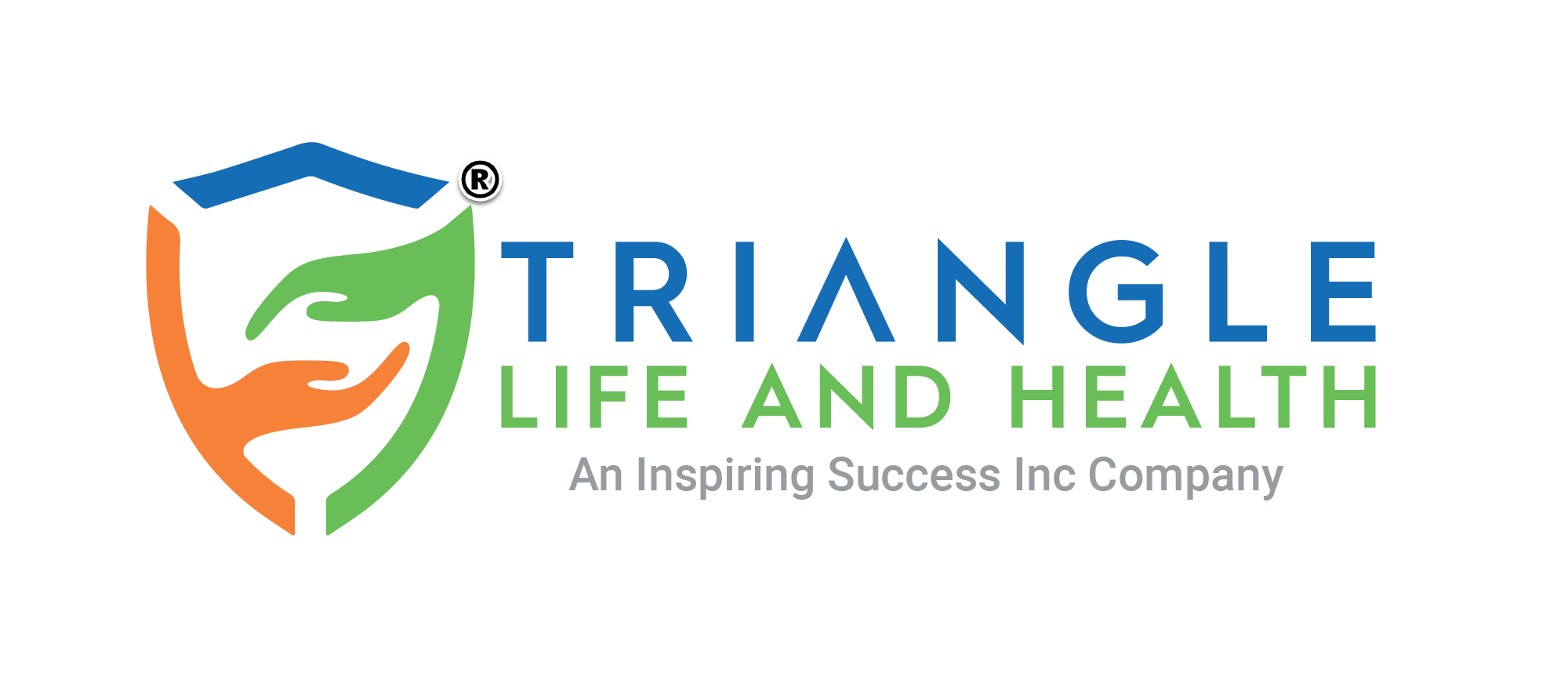Medicare Overview
What is Medicare?
Medicare is the federal health insurance program for:
- People who are 65 or older
- Certain younger people with disabilities
- People with End-Stage Renal Disease (permanent kidney failure requiring dialysis or a transplant, sometimes called ESRD)

The different parts of Medicare help cover specific services:
Medicare Part A (Hospital Insurance)
Part A covers inpatient hospital stays, care in a skilled nursing facility, hospice care, and some home health care.
Medicare Part B (Medical Insurance)
Part B covers certain doctors’ services, outpatient care, medical supplies, and preventive services.
Medicare Part C (Advantage Plans)
A type of Medicare health plan offered by a private company that contracts with Medicare. Medicare Advantage Plans provide all of your Part A and Part B benefits. Medicare Advantage Plans include:
- Health Maintenance Organizations
- Preferred Provider Organizations
- Private Fee-for-Service Plans
- Special Needs Plans
- Medicare Medical Savings Account Plans
If you’re enrolled in a Medicare Advantage Plan:
- Most Medicare services are covered through the plan
- Medicare services aren’t paid for by Original Medicare
- Most Medicare Advantage Plans offer prescription drug coverage.
Medicare Part D (prescription drug coverage)
Part D adds prescription drug coverage to:
- Original Medicare
- Some Medicare Cost Plans
- Some Medicare Private-Fee-for-Service Plans
- Medicare Medical Savings Account Plans
These plans are offered by insurance companies and other private companies approved by Medicare. Medicare Advantage Plans may also offer prescription drug coverage that follows the same rules as Medicare Prescription Drug Plans.
Medicare Supplement Plans (also known as Medigap)
A Medicare Supplement Insurance (Medigap) policy helps pay some of the health care costs that Original Medicare doesn’t cover, like:
- Copayments
- Coinsurance
- Deductibles
Medigap policies are sold by private companies.
Some Medigap policies also cover services that Original Medicare doesn’t cover, like medical care when you travel outside the U.S. If you have Original Medicare and you buy a Medigap policy, here’s what happens:
- Medicare will pay its share of the Medicare-approved amount for covered health care costs.
- Then, your Medigap policy pays its share.
Sources: medicare.gov
Request a Quote
FAQs
-
What is Medicare?
Medicare is a federal health insurance program in the United States that provides coverage for eligible individuals who are 65 years of age or older, certain younger individuals with disabilities, and individuals with end-stage renal disease (ESRD).
-
How do I enroll in Medicare?
To enroll in Medicare, you need to meet certain eligibility criteria and follow the enrollment process. Most individuals are automatically enrolled in Medicare Part A (hospital insurance) when they turn 65, while enrollment in Medicare Part B (medical insurance) is typically optional. You can enroll in Medicare Part B during your Initial Enrollment Period (IEP), which is a seven-month period that begins three months before the month of your 65th birthday. If you are not automatically enrolled in Medicare Part A and need to sign up, you can do so during the Initial Enrollment Period as well.
-
What are the different parts of Medicare?
Medicare has four parts: Part A, Part B, Part C (Medicare Advantage), and Part D (prescription drug coverage). Part A covers hospital stays, skilled nursing facility care, hospice care, and some home health care. Part B covers medical services and supplies, such as doctor visits, outpatient care, preventive services, and durable medical equipment. Part C refers to Medicare Advantage plans, which are offered by private insurance companies approved by Medicare and provide an alternative way to receive Medicare benefits. Part D provides prescription drug coverage.
-
When is the Initial Enrollment Period for Medicare?
The Initial Enrollment Period (IEP) for Medicare typically begins three months before the month of your 65th birthday and lasts for seven months. For example, if your birthday is in June, your IEP would start in March and end in September. It's important to enroll during this period to avoid potential late enrollment penalties.
-
Can I enroll in Medicare after my Initial Enrollment Period?
Yes, you can still enroll in Medicare after your Initial Enrollment Period, but there may be certain penalties and limitations. If you miss your Initial Enrollment Period and don't qualify for a Special Enrollment Period (SEP), you may have to wait until the General Enrollment Period, which runs from January 1 to March 31 each year. Additionally, late enrollment penalties may apply for Part B and Part D if you go without creditable coverage for a certain period of time.
-
What is a Special Enrollment Period?
A Special Enrollment Period (SEP) is a time outside the Initial Enrollment Period when you can enroll in Medicare without facing penalties. SEPs are triggered by certain life events, such as retiring from a job with employer-provided health insurance, moving to a new location, or losing other health coverage. If you qualify for an SEP, you typically have a limited window of time to enroll in Medicare.
-
How do I choose between Original Medicare and Medicare Advantage?
Original Medicare (Part A and Part B) is the traditional fee-for-service program offered directly by the federal government, while Medicare Advantage (Part C) is an alternative way to receive Medicare benefits through private insurance companies. When choosing between the two, you'll need to consider factors such as your healthcare needs, budget, and preferred doctors and hospitals. Original Medicare provides more flexibility in choosing healthcare providers, but Medicare Advantage plans often offer additional benefits like prescription drug coverage, dental and vision services, and fitness programs.
-
Is Medicare free?
While Part A of Medicare is generally premium-free for most people, Part B and other parts of Medicare usually require payment of premiums, deductibles, and coinsurance. The costs can vary depending on your income, the specific Medicare plan you choose, and other factors. It's important to review and understand the costs associated with Medicare before enrolling.
-
Can I change my Medicare coverage after enrolling?
Yes, you can make changes to your Medicare coverage during certain enrollment periods. The Annual Enrollment Period (AEP) occurs from October 15 to December 7 each year, during which you can switch between Medicare Advantage and Original Medicare, switch between different Medicare Advantage plans, or join, switch, or drop a Part D prescription drug plan. Additionally, there are other specific enrollment periods for certain circumstances, such as the Medicare Advantage Open Enrollment Period (January 1 to March 31) and the Special Enrollment Periods (triggered by qualifying life events).
-
Where can I get more information about Medicare enrollment?
For more information about Medicare enrollment, you can visit the official Medicare website (medicare.gov) or contact the Social Security Administration at 1-800-772-1213. You can also seek assistance from State Health Insurance Assistance Programs (SHIPs), which provide free counseling and assistance to Medicare beneficiaries.
